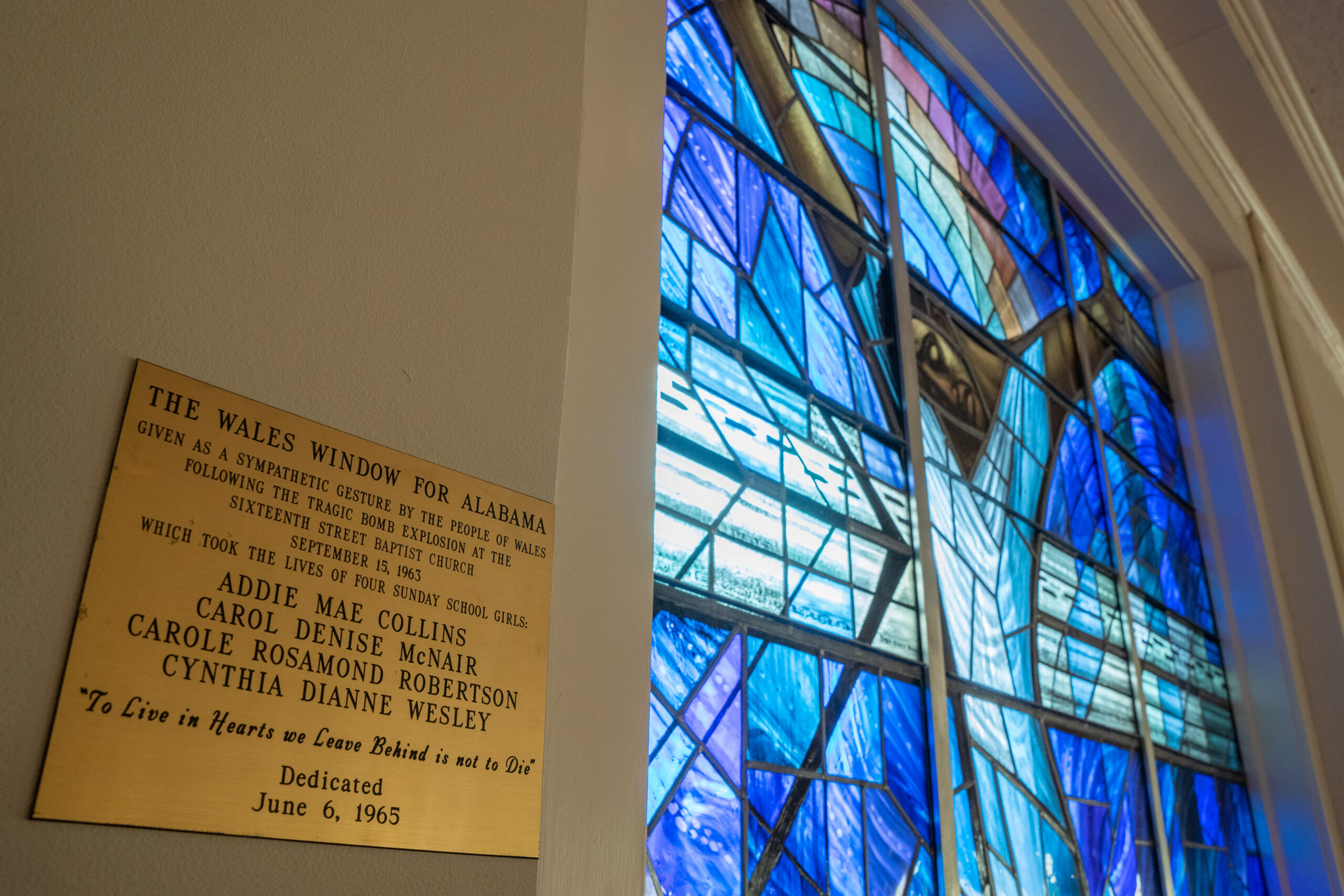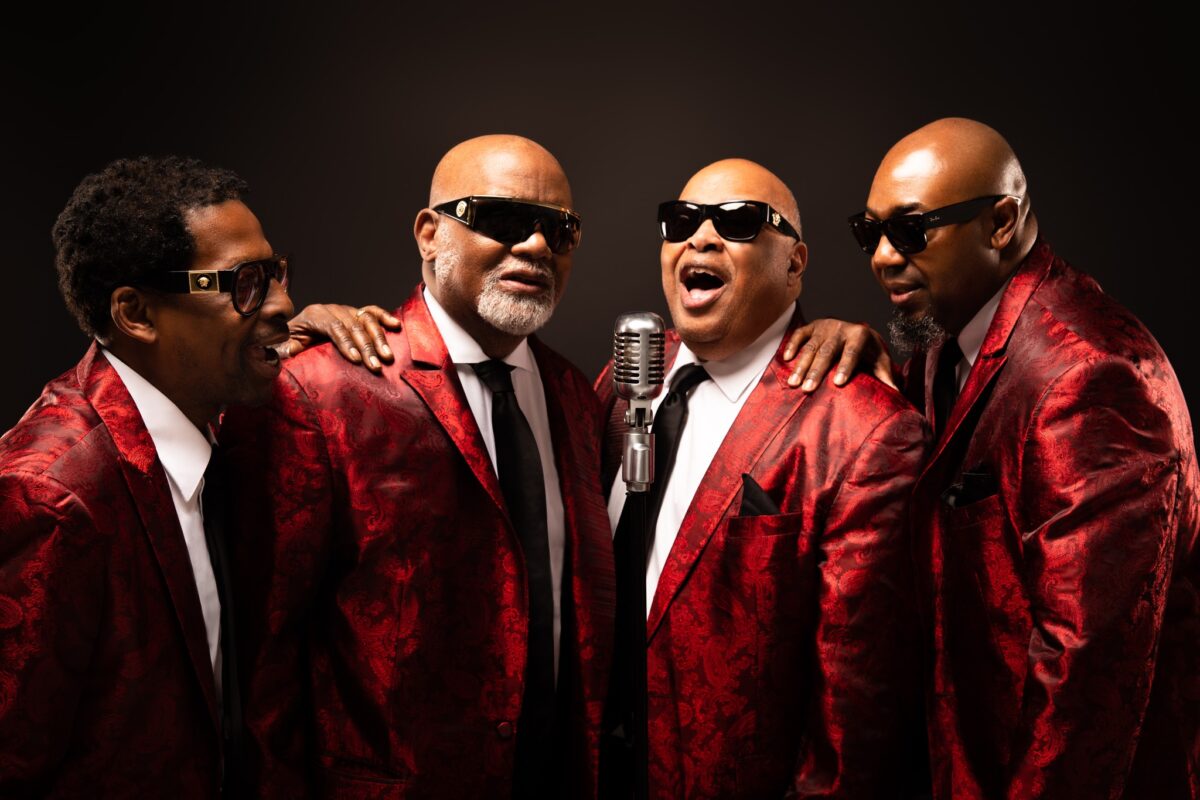3 influential Birmingham women and their involvement in women’s suffrage
Reading time: 4 minutes

Nearly 100 years ago, Tennessee became the 36th State to ratify the Nineteenth Amendment to the U.S. Constitution on August 18, 1920. On August 26th, the Nineteenth Amendment was officially adopted into the U.S. Constitution, marking the end of a three-generation struggle to for women’s right to vote. We took a look at three influential Alabama women and their mark on history.
100 Years Since Ratification

Although women had been fighting for suffrage as early as 1848, it took over seven decades before they secured the right to vote. Finally, on June 4, 1919, Congress passed the Nineteenth Amendment to the United States Constitution.
Timeline of the Nineteenth Amendment:
- 1878 — Amendment introduced into Congress.
- May 21, 1919 — Passed the U.S. House of Representatives
- June 4, 1919 — Passed the U.S. Senate
- August 18, 1920 — Ratified by Tennessee, last of the 36 states needed to secure adoption.
- August 26, 1920 — Officially certified into law.
Although the Nineteenth Amendment marked the end of a three-generation struggle to win the right to vote for women, it was only the beginning of the fight for women of color to ensure their exercise of voting rights. In segregated Southern States like Alabama, the fight for voting rights was far from over.
Birmingham’s Involvement in Voting Rights

Back in January, Vulcan Park & Museum hosted a special exhibit, Right or Privilege? Alabama Women and the Vote, to highlight 19 influential women who impacted voting rights in Alabama. We took a closer look at three of the women featured in the exhibit.
Pattie Ruffner Jacobs

Born in West Virginia in 1875, Pattie Ruffner Jacobs moved to Birmingham in the late 1800s after an economic crisis. Pattie was deeply involved in the effort to reshape Birmingham as the industrial city of the New South, fighting against child labor and convict leasing.
But after several failed attempts to improve public schools, Pattie decided that women’s suffrage was necessary in order to achieve social reforms. So, she founded the Birmingham Equal Suffrage Association (BESA), followed by the Alabama Equal Suffrage Association (AESA). After failing to pass a statewide suffrage ballot, the AESA shifted its goals toward passing a national suffrage amendment. Jacobs would go on to be elected as an officer in the National Equal Suffrage Association, and the national secretary for the National League of Women Voters. After her death, Jacobs was buried in Birmingham’s Elmwood Cemetery.
Carrie A. Tuggle

The daughter of a former slave and a Mohawk Indian chief, Carrie A. Tuggle was born into slavery. After emancipation, she married and moved to Birmingham in search of a better life.
In 1903, she opened the Tuggle Institute in order to provide safe housing and an education to orphaned African-American children. With support from local philanthropists, such as Louis Pizitz and A.B. Loveman, the Tuggle Institute was able to foster a better life for hundreds of children in Birmingham—among the Tuggle Institute’s alumni are A.G. Gaston and Erskine Hawkins.
Although Tuggle dedicated her life to social work, she also found time to further the cause of women’s suffrage in Jefferson County. She urged other black women in the community, mostly teachers, to register as voters.
Virgina Foster Durr

Born in Birmingham, Virgina Durr was taught that the Ku Klux Klan were protectors of southern womanhood. In fact, one of her grandfathers was a member. In the early 1920s, she attended Wellesley College in Massachusetts. After being forced to eat meals in the dining hall with students of different races, Durr began to question her acceptance of segregation.
After marrying and moving to Washington, D.C., Virginia joined and formed groups to reduce segregation and improve living conditions in the South, such as the Southern Conference for Human Welfare. In addition, she worked with First Lady Eleanor Roosevelt to lobby for legislation to abolish the poll tax.
Virgina Durr met and became close friends with Rosa Parks, and helped bail her out of jail after her refusal to give up her bus seat. After Durr’s death in 1999, Rosa Parks said, “[her] upbringing of privilege did not prohibit her from wanting equality for all people. She was a lady and a scholar, and I will miss her.”



